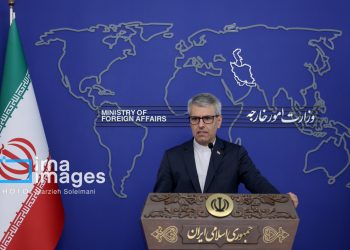When Muhammad Ali Jinnah, the founder of Pakistan, addressed the Constituent Assembly on August 11, 1947, he said, “We are starting with this fundamental principle that we are all citizens and equal citizens of one State. You will find that in course of time Hindus would cease to be Hindus and Muslims would cease to be Muslims, not in the religious sense, because that is the personal faith of each individual, but in the political sense as citizens of the State.”
After 74 years of independence, we are constantly paying the price of ignoring this message. Pakistan is known in the Western world as a home for religious extremism. The way Hindu temples were vandalised recently in Islamabad and Sindh are yet another reminder that the challenge of religiously inspired violent extremism is bigger than we thought.
Furthermore, religious bigots are another cause for concern. They are neither willing to listen to others’ viewpoints nor do they care for the writ of the state. This type of evil, rooted in extreme ideology, bespatter the peace of the country which leads to instability, anarchy and eventually destruction.
Extremism is like cancer, an impending catastrophe that remains a threat to the integrity of the country. Countries like Iraq, Syria, Yemen and Lebanon have been destroyed due to sectarian conflicts carried out by religious extremists.
Pakistan’s power elites have been patronising religious, ethnic, cultural and racial disagreements to further their regime, instead of looking at the diversity of religious, cultural and societal opinion. The gruesome murders of the Hazara coal miners have already been claimed by the IS which clearly demonstrates their lethal capacity and presence.
Islam does not permit and justifies violence or killing. In fact, Islam clearly reiterates that the murder of one innocent person is equal to the killing of the entire humanity. Islam further teaches us that Allah will have mercy on us if we have mercy on others.
Our youth are being brainwashed and if an effective counter-narrative isn’t initiated, our society will be totally radicalised. We have to promote harmony, tolerance and brotherhood in the country and its neighbours. There is a need for collective action to curb religious extremism and sectarian violence.
Meanwhile, the government’s decision to establish a commission for the implementation of the national narrative and development of structures against violent extremism and radicalisation is a significant move towards countering violent extremism.
Two things must be done to protect all religious minorities in the country from violence. First, the groups and individuals using faith to gain political and religious influence should be strictly dealt with under the law. Secondly, the state should demonstrate zero tolerance towards hate narratives by extremist religious groups.


























